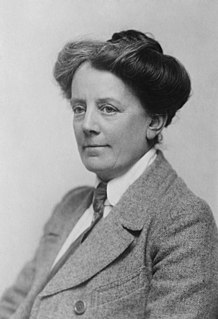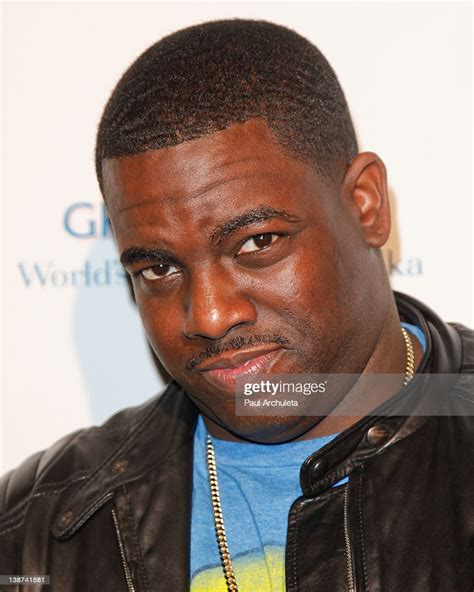A Quote by Naguib Mahfouz
It is simply not part of my culture to preserve notes. I have never heard of a writer preserving his early drafts.
Related Quotes
In the greatest fiction, the writer's moral sense coincides with his dramatic sense, and I see no way for it to do this unless his moral judgement is part of the very act of seeing, and he is free to use it. I have heard it said that belief in Christian dogma is a hindrance to the writer, but I myself have found nothing further from the truth. Actually, it frees the storyteller to observe. It is not a set of rules which fixes what he sees in the world. It affects his writing primarily by guaranteeing his respect for mystery.
the writer must resist this temptation [to quote] and do his best with his own tools. It would be most convenient for us musicians if, arrived at a given emotional crisis in our work, we could simply stick in a few bars of Brahms or Schubert. Indeed many composers have no hesitation in so doing. But I have never heard the practice defended; possibly because that hideous symbol of petty larceny, the inverted comma, cannot well be worked into a musical score.
My own personal task is not simply that of poet and writer (still less commentator, pseudo-prophet); it is basically to praise God out of an inner center of silence, gratitude, and 'awareness.' This can be realized in a life that apparently accomplishes nothing. Without centering on accomplishment or nonaccomplishment, my task is simply the breathing of this gratitude from day to day, in simplicity, and for the rest turning my hand to whatever comes, work being part of praise, whether splitting logs or writing poems, or best of all simple notes.
It so happens that certain songs becomes part of culture, and culture is a form of preserving patterns. Yes, we're Mexican, and we're proud to be, but we're also human. But like all cultures, there are retrograde elements and evolutionary elements. I think we'll chose to head towards the evolutionary ones and leave the others behind.
You get notes from two studios and a network instead of a studio and a network. Although we early on forced them all to do their notes together. I make them all talk to each other first. Because we went through the pains of getting notes from ABC and at the time it was Touchstone, that were opposite - and then CBS notes that were opposite again. So it was, you guys are going to have to work it out as to what is the most important note.






































